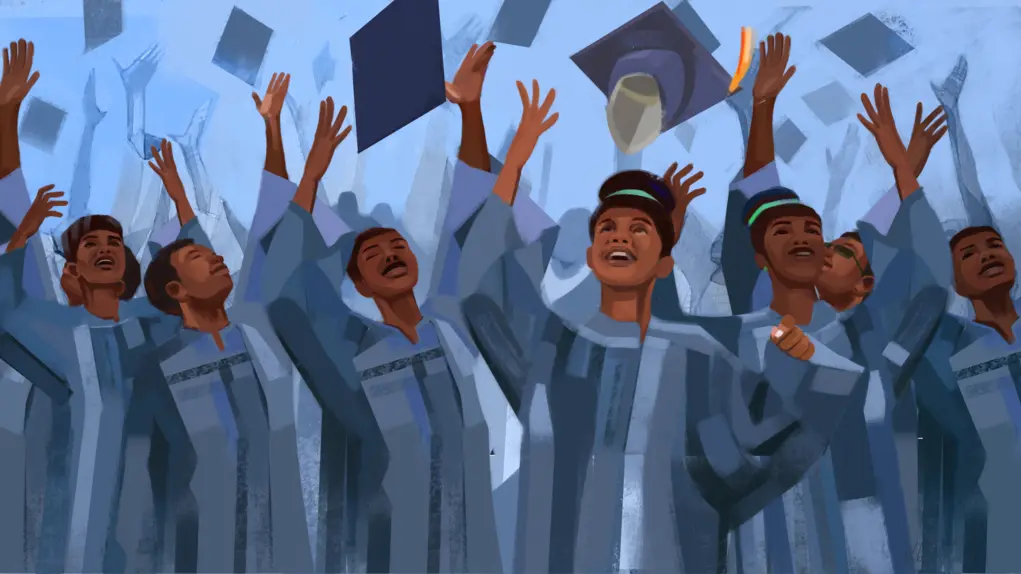The challenge: In this remote, rural setting, bordered by civil-war, young girls in grades 9-12 face specific challenges to their education that often requires innovative and unique interventions. Limited educational facilities for girls result in long travel distances, often hindering their access to quality education. The absence of role models in social, economic and political leadership also limits girls' educational aspirations. Furthermore, socio-economic factors, such as poverty and traditional beliefs, force girls to leave school and engage in low-income generating activities such as gold mining for a living. Traditional gender roles and expectations also play a role, with household responsibilities often being prioritised over academic pursuits and achievements.
Our Response: Addressing these challenges requires targeted and innovative interventions such as opening a girls-only boarding school. Evidence shows that boarding schools can help students perform better academically, have higher self-esteem, be more conscious of society, and have a secure atmosphere to grow holistically. To ensure broader access to comprehensive, high-quality education in remote and rural locations, studies indicate that boarding schools should be established as one of the optimal educational delivery modes. We created a well-equipped high-standard boarding school in Homosha Woreda, 38 kilometres from Assosa, the capital city of the region. We offer free accommodation and education to girls from the area to address the aforementioned interconnected impediments to girls' academic achievement. As a result, the Homosha Girls' Boarding School's first graduating class had the best 2022 test scores in the area, and all the graduates started university in 2023.
